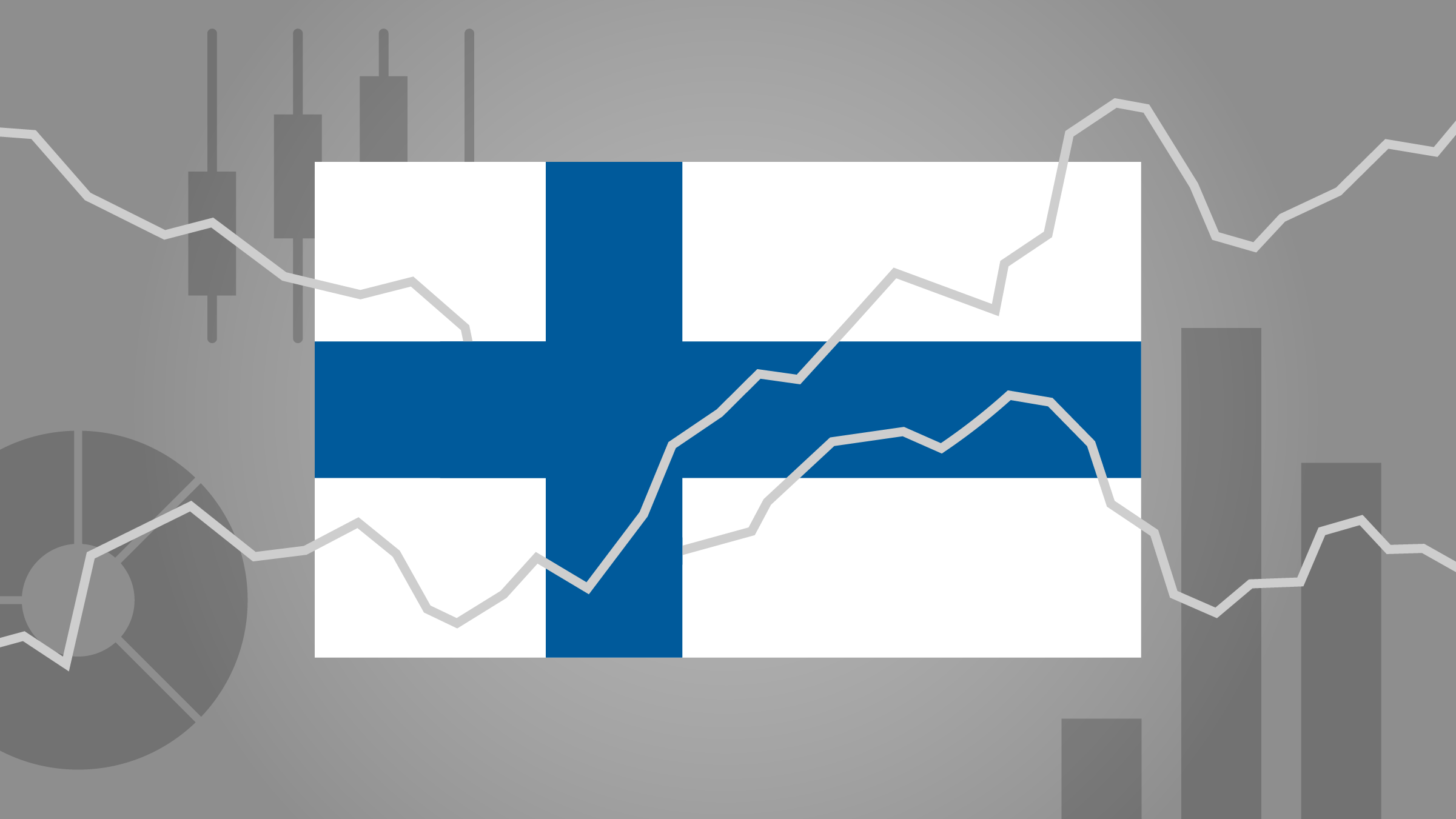Emma Wall: Hello, and welcome to Morningstar. I'm Emma Wall and I'm joined today by J O Hambro's James Syme to talk about emerging markets.
Hello, James.
James Syme: Hi.
Wall: So, we're increasingly told as investors that economics and stock markets are not the same thing that they are not correlated. But I know your investment philosophy very much takes into consideration the top-down approach. Why does what's happening at a country level affect what's happening at company level?
Syme: So, emerging markets are different from developed markets in that there's a much stronger country effect. It's partly because in emerging markets the spread of countries is far more diverse and more different than it is in developed markets.
So, whilst France is different from Japan is different from Canada, overall in terms of demographics or growth rates or inflation rates, they are not that different. Whereas emerging markets has everything from commodity powerhouses like Brazil or Russia through to high-tech economies like Korea and Taiwan.
In addition, the spread of different political systems and political outcomes is much more diverse in emerging markets. and so, that different political risk is also a big driver. So, there's in emerging markets a very strong top-down country effect that you don't see in developed markets.
Wall: I think that's a very important point that emerging markets are heterogeneous because a lot of people tend to make a call on their portfolio allocation on should I be in emerging markets or out of emerging markets, whereas it's much more diverse than that. Taking that into consideration where do you think the best opportunities are right now in emerging markets?
Syme: So, our have two favorite markets right now are quite different. One is India, which is very much a domestically-focused internally-driven market. It's not particularly exposed either to the global trade cycle or to commodity prices. The economy there has been undergoing a period of retrenchment and recovery after a big boom in the 2000s.
We now look from a cyclical point of view hedges into an upswing. In addition, we have under the Modi administration the most reformist government in emerging markets and actually one of most positive reform stories I've ever seen in emerging markets.
India has great potential which has been held back by a lot of issues around inefficiency and governance and it really looks like those are being unlocked. So, both in terms of its long-term trend opportunities and also the shorter-term cycle, we think India looks fantastically placed.
The other market is South Korea, which obviously is an industrial and technology heavy weight in the emerging world. South Korea is particularly benefiting from the strength it's developed in technologies. It is one of the world's largest producer of semiconductors and memory chips. Obviously, you have the Samsung Group. And so, from a cyclical point of view, it looks very well placed for this current extended cycle in technology which we've been seeing in the world economy.
In addition, whilst South Korea in equities have previously been held back by governance concerns, there has been a lot of societal and political pressure on the big companies there, the Samsung Group and the Hyundai Group to reform. And that's really underway. We've seen from a bottom-up point of view, for example, in Samsung Electronics big buybacks and cancellations of shares, new dividend policy to return capital to shareholders.
And then from a political point of view, we just had an election where we have a new President who has made reform in corporate governance one of his main policy items. So, in South Korea, both the opportunities from the technology cycle and also from these big corporate governance revolutions, I think, South Korea is the other market. And in a sense, what the two markets have in common is a great economic outlook combined with governance and political improvements as well.
Wall: James, thank you very much.
Syme: Thank you.
Wall: This is Emma Wall for Morningstar. Thank you for watching.






















